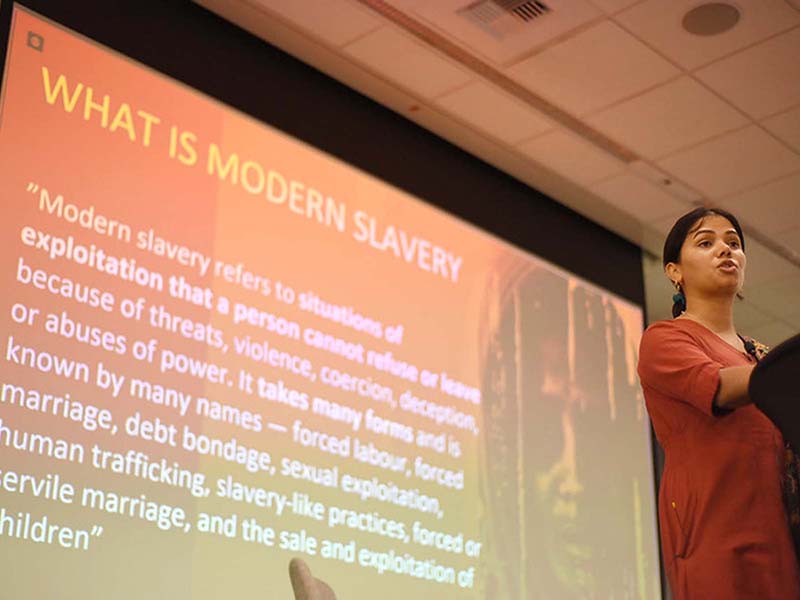
Authors
-
Aude Ucla
Former Associate Director, Consumer Sectors, BSR
While for many transport and logistics (T&L) companies, climate change is at the top of the sustainability agenda, human rights is increasingly a strategic theme. These two issues are important for businesses across industries: in fact, as we learned from the 2017 BSR/GlobeScan State of Sustainable Business Survey, climate change and human rights are most companies’ top sustainability priorities.
To reflect this increasing focus on human rights, BSR has published a business and human rights primer that identifies the top 10 human rights challenges for the transport and logistics sector, as well as emerging risks and opportunities for the industry to promote human rights.
Ensuring mobility and trade comes with tremendous social and economic impacts, and the T&L sector plays an essential role in connecting countries and spreading technologies. The industry is key for the performance of other sectors of the economy: For example, manufacturing and agriculture (to name only two) both depend on the ability to ship their goods to consumers in a quick, cost-effective, and reliable way.
In addition, transport subsectors—roads, railways, and civil aviation—employ many workers in a wide range of job categories. Because of this, the T&L sector strongly influences the economic performance of other industries and countries and contributes to value creation and national competitiveness, which means that overall it has an immense opportunity to promote human rights and the sustainable development agenda.
As we think about the many changes shaping the world around us, whether as a result of trade, climate change, globalization, automation, or a combination of these factors, here are a few emerging human rights topics for T&L companies to keep on their radars:
- Working Conditions in Ship Breaking: NGOs are increasingly highlighting the risks of child labor, forced labor, and environmental pollution in ship breaking—the NGO Shipbreaking Platform is one example of this. The T&L sector is seen as responsible for impacts throughout the entire lifecycle of its operations, and this includes disposal of material and equipment.
- Transport of Migrants: Every year, millions of people decide to leave their homes to escape conflict or persecution—or simply to improve their lives. This decision often involves transport and carries with it huge risks. T&L companies should understand the increasing human rights risks they face due to this worldwide trend, as well as the opportunities to promote and secure the rights of this often highly vulnerable population.
- Accessible and Affordable Public Transport: For many poor people, public transport is their only link to jobs, family, and social services—and one of their greatest costs. The T&L industry can play a key role in promoting access to public transport and, ultimately, access to opportunity.
- Conflict-Affected Areas: Building or restoring transport infrastructure is one of the first steps in the post-conflict recovery process. While these environments can be extremely challenging, they also represent one of the most significant ways that T&L companies can contribute their expertise to development.
- Promoting the Circular Economy: Logistics plays a critical role in implementing circular economy models that minimize the use of resources and reduce carbon footprint. As a technology-intensive industry, the T&L sector should be at the forefront of developing innovative models to reduce waste, reuse industrial byproducts, and invest in renewable energies.
If you’d like to continue this conversation around these topics and others, please join us at the BSR 2017 Conference in Huntington Beach, California. The following three sessions in particular will explore the transport and logistics sector and its relationship to human rights:
We look forward to seeing you there.
BSR’s latest sustainability insights and events straight to your inbox.
Topics
Let’s talk about how BSR can help you to transform your business and achieve your sustainability goals.







